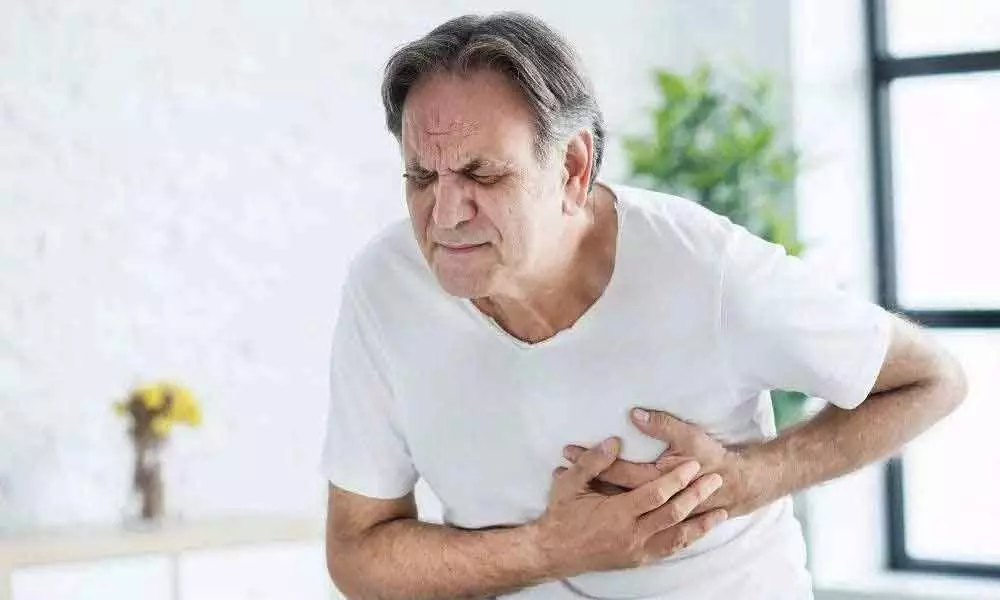Recently, there’s been a concerning increase in cases of sudden cardiac death, exemplified by the tragic passing of the legendary Onyeka Onwenu. The renowned singer, actress, and activist collapsed shortly after performing at a birthday party and was rushed to Reddington Hospital. Despite doctors’ efforts to revive her, Onwenu was declared dead after two hours.
Sudden cardiac arrest (SCA), often a silent threat, occurs when the heart abruptly stops pumping oxygen-rich blood to the body. This can lead to a rapid decline in organ function and, ultimately, death. Sudden cardiac death (SCD) can occur within minutes to an hour after symptoms begin, making it a critical health issue that requires urgent attention.
Understanding Sudden Cardiac Death
Sudden cardiac arrest can be caused by several conditions affecting the heart and brain. Common causes include heart attacks, heart failure, and arrhythmias, often exacerbated by high blood pressure and elevated cholesterol levels. Individuals with known or undiagnosed heart conditions are at greater risk.
Signs and Symptoms
Symptoms of sudden cardiac arrest can appear hours or even weeks before the event. Early warning signs may include:
- Shortness of breath
- Fainting
- Chest pain
- Heart palpitations
- Lightheadedness or dizziness
- Fatigue
When sudden cardiac arrest occurs, symptoms are immediate and severe:
- Sudden collapse
- Loss of pulse
- No breathing
- Loss of consciousness

Heart Attack vs. Sudden Cardiac Arrest
It’s important to differentiate between a heart attack and sudden cardiac arrest. A heart attack results from a blockage in the coronary arteries, which supply blood to the heart muscle. In contrast, sudden cardiac arrest is often caused by an electrical malfunction in the heart’s signaling system. While a heart attack can lead to sudden cardiac arrest, the two conditions are distinct.
Risk Factors
While heart attacks can occur at any age, the risk increases with age. Key risk factors include:
- Hypertension
- Diabetes
- High cholesterol
- Previous heart attacks
- Family history of heart disease
- Congenital heart issues
- Use of recreational drugs
Prevention and Treatment
Reducing the risk of sudden cardiac arrest involves several proactive steps:
- Regular Health Checkups: Monitoring blood pressure and overall cardiovascular health is crucial, especially for those with a family history of heart disease.
- Healthy Lifestyle Choices: A balanced diet, regular exercise, and avoiding tobacco can lower the risk of heart problems.
- Stress Management: Minimizing stress is beneficial for heart health.
- CPR Awareness: Immediate administration of cardiopulmonary resuscitation (CPR) can significantly increase survival rates in cases of sudden cardiac arrest.
By staying informed and taking preventive measures, you can help protect yourself and others from the dangers of sudden cardiac death.